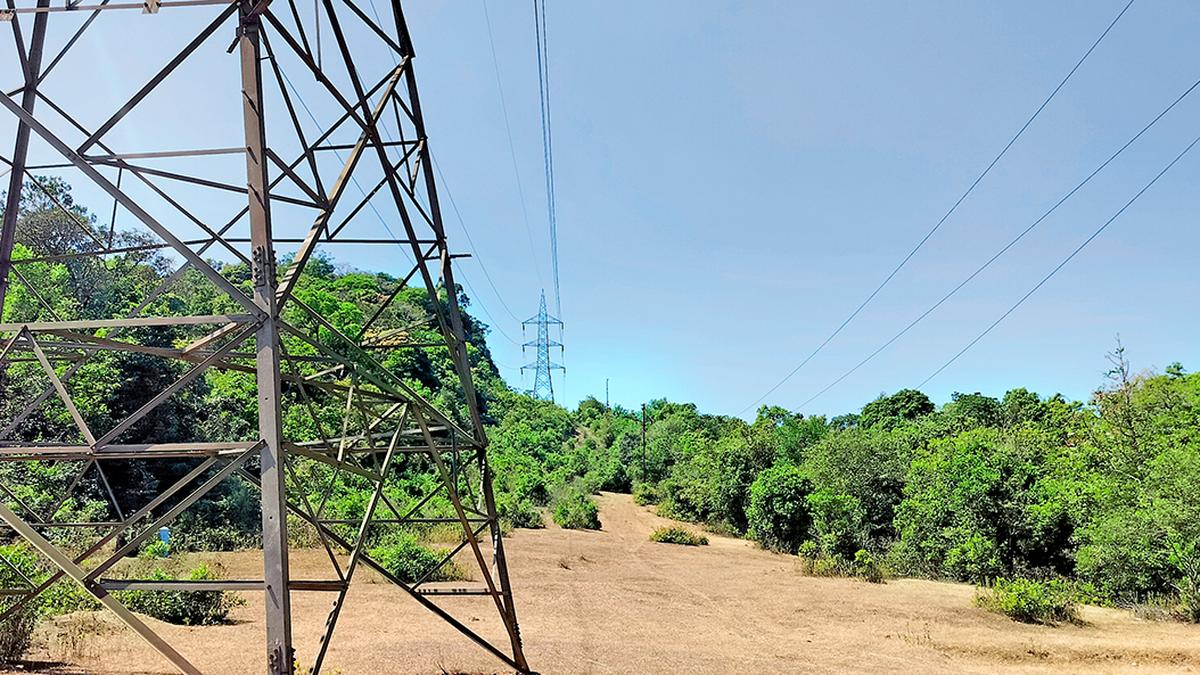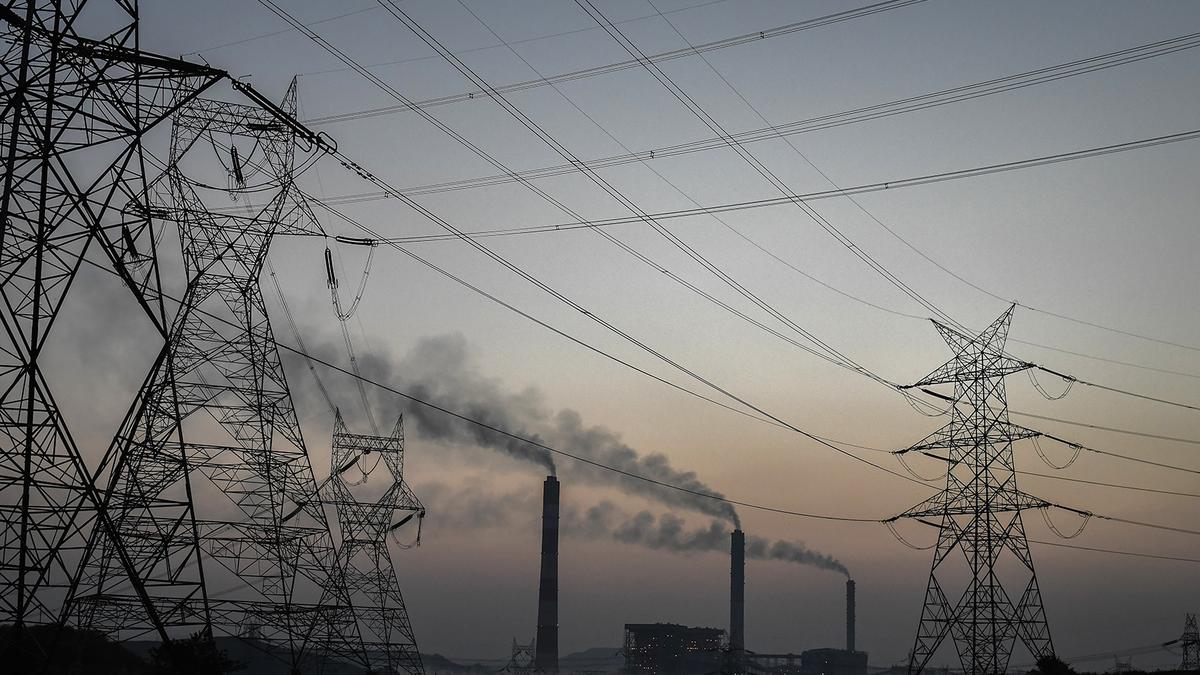Now Reading: Bribery Allegations in Telangana: When Accountability Falters
-
01
Bribery Allegations in Telangana: When Accountability Falters
Bribery Allegations in Telangana: When Accountability Falters

Rapid Summary
- Adepu Nikhil, a sales executive in Hyderabad, reported that a sub-inspector from Cyberabad’s Women Police Station demanded bribe money (initially ₹50,000, lowered to ₹25,000) in exchange for dropping his mother’s name from an FIR.
- Nikhil involved Telangana’s Anti-Corruption Bureau (ACB), and the officer was caught accepting the bribe using marked cash as part of a trap.
- In July 2025 alone, ACB filed 22 cases related to corruption; between January and July 2025, it booked 148 cases involving over ₹30.32 lakh in confiscated bribe money.
- The article highlights systemic issues: lengthy legal delays in ACB case resolutions (7-8 years on average), early reinstatement of accused officials with minimal consequences due to inefficiencies and loopholes such as suspension duration limitations or bureaucratic interference.
- Examples cite repeat offenders receiving promotions or plum postings despite pending cases against them due to legal delays or procedural gaps like weak prosecution sanctions and poor follow-ups on departmental reviews.
Indian Opinion Analysis
The issue of systemic corruption highlighted by this case underscores significant hurdles within India’s institutional frameworks for accountability-both at local levels like police stations and higher administrative levels where files stagnate or are influenced by political connections.While high-profile anti-corruption efforts like those led by Telangana’s ACB are promising steps toward tackling entrenched malpractice, the evidence points toward structural inefficiencies within investigative mechanisms (e.g., understaffing of forensic units) and judicial bottlenecks delaying resolution timelines substantially.
Furthermore, procedures meant to suspend or remove tainted officials tend to falter under bureaucracy’s file-pushing culture or selective leniency stemming from political interference-a serious deterrent undermining public trust in these bodies’ integrity over time.
Strengthening forensic capabilities alongside incentivizing specialized personnel at organizations such as ACB could advance both investigation quality and pace; though, systemic overhaul will also require tightening gaps through legislative reforms that prioritize timely prosecution sanctions robust enough for convictions while limiting undue influence linked backdoor reinstatements seen post-arrest across states routinely.Sealing systematic loopholes bears transformative impact ensuring tougher consensus rooted stronger direct fairness fair reform aligned restoring impartial equity totality anti campaign credibility tracking efficiency further strengthen moments societal openness beyond doubt scale impactful redirection faith concerned 台ss
























